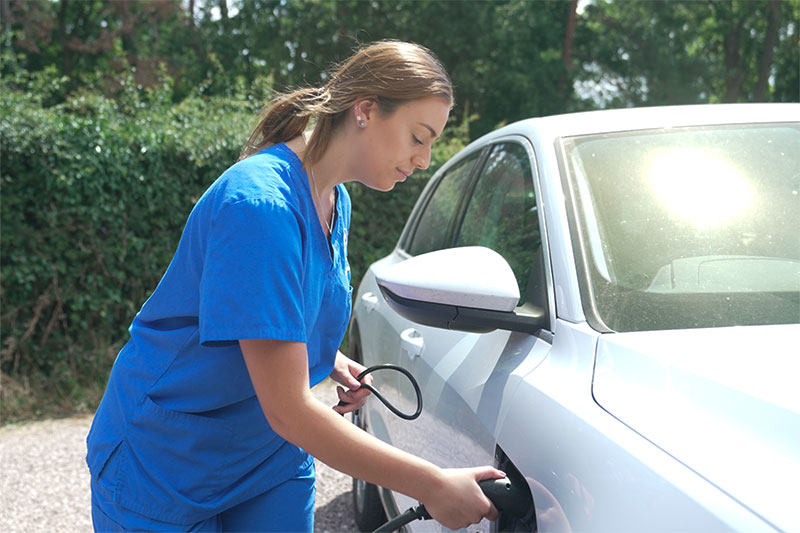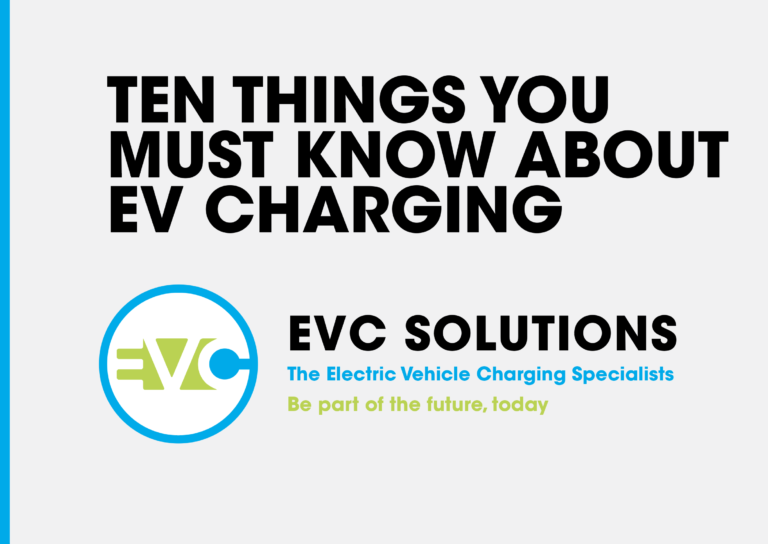
The electric vehicle (EV) is no longer a futuristic dream. Last year 314,687 EVs were registered in the UK which is a 17.8% increase on 2022 (statistics from SMMT).
Barely a week goes by without a major car manufacturer announcing new developments to their range of electric vehicles and petrol or diesel models are being phased out, with fines for companies that do not transition quick enough.
It’s no longer just the environmentally aware customers that are switching to EVs, as analysts Zapmap say there are now more than 975,000 fully electric cars on UK roads, but what are the benefits of switching to electric?
The first and most obvious benefit is the improvement that it will have on our environment. Electric cars do not emit any exhaust gases from burning fossil fuels like the traditional Internal Combustion Engine (ICE). This helps reduce local air pollution and can make a big difference in densely populated towns and cities.
Just one EV on the road for a year has a similar carbon footprint as flying from the UK to Spain or Italy and back four times.
The second benefit of switching to an electric vehicle is running and maintaining one cost-effectively. The comparative costs of fuel to electricity, and driving an EV are much better for your bank account, and EVs also benefit from zero road tax. With an average of 200 parts the electric vehicle is easier to service and maintain, and because of the technology involved in an electric vehicle, some EV manufacturers can even remotely diagnose an issue without needing to see the car.
Following on from that, the third benefit of driving a EV is the exemption from city congestion charges. London has had a congestion charge zone since 2003 and that zone has already expanded. The current charge is £15 per day, 364 days a year.
London also has an Ultra Low Emission Zone (ULEZ) charge of £12.50 per day within the M25.
Bath, Birmingham, Portsmouth and Oxford also have a ULEZ charge, and other cities are set to follow their lead.
If you are a regular commuter into an area with a congestion charge, the savings will quickly add up, and possibly even cover the cost of your monthly car payments. You could end up with a free car!
Fourthly, with energy companies offering off-peak tariffs and even buy-back schemes, charging an EV is much cheaper than filling a car with petrol or diesel and renewable energy options make it even better for the environment.
Finally, with the ability to install a charge point at both commercial and residential locations, EVs can be kept charged at your convenience.
Electric vehicles are definitely about helping to protect our future, but they are no longer a dream of what might happen in the future.

Send download link to:
